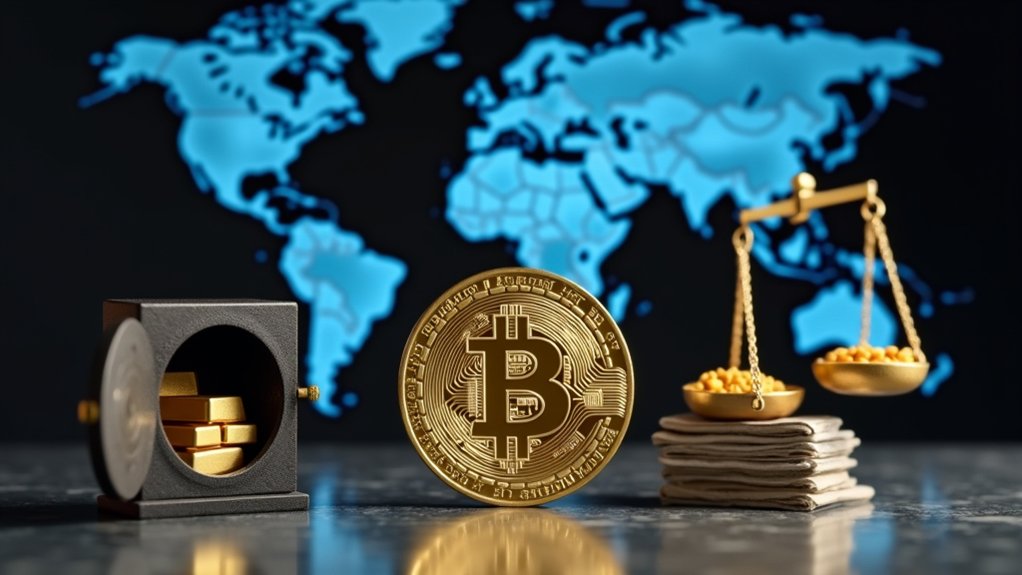“Nations that fail to secure bitcoin reserves today will be at a severe disadvantage tomorrow,” Winklevoss stated bluntly. He’s not wrong. The mathematical certainty of bitcoin’s scarcity, reinforced by halving events every four years, creates an increasingly tight supply.
Meanwhile, institutional money keeps pouring in. Do the math.
Bitcoin’s appeal as an inflation hedge has become impossible to ignore. Unlike fiat currencies, no central bank can print more bitcoin on a whim. No government can debase it through monetary policy. It just sits there, immune to the political machinations that have destroyed currencies throughout history.
Bitcoin offers inflation immunity the world has never seen—financial certainty in an age of monetary uncertainty.
Gold 2.0, but better.
The institutional adoption wave has already begun. Major corporations have added bitcoin to their balance sheets. Wall Street firms now offer bitcoin products to clients who once mocked cryptocurrency. The maximum supply cap of 21 million coins creates an inherent value proposition that traditional assets cannot match.
Funny how money changes perspectives, isn’t it?
Technological advancements continue to strengthen bitcoin’s position. Layer 2 solutions address scalability concerns. Integration with traditional finance accelerates. The network effect grows stronger daily.
Geopolitically, bitcoin offers nations a pathway to reduce dependence on the U.S. dollar. Countries facing sanctions or economic pressure see it as a potential lifeline.
Cross-border transactions without intermediaries? Revolutionary.
Bitcoin’s resilience through multiple market cycles speaks volumes. Despite repeated obituaries written by financial “experts,” it keeps coming back stronger. However, Bitget’s CEO recently cautioned investors about potential price volatility, suggesting Bitcoin could drop to $72,000 amid market fluctuations.
First-mover advantage matters.
The risks of sitting on the sidelines grow more significant by the day. Missing the bitcoin revolution isn’t just about lost profits—it’s about being left behind in a fundamentally changing financial landscape. This shift is evidenced by over 15,000 businesses globally now accepting Bitcoin as payment.
As Winklevoss puts it: “Nations have a choice—embrace bitcoin’s potential now, or explain to future generations why they missed the obvious.”





